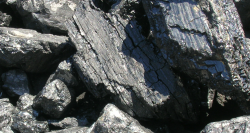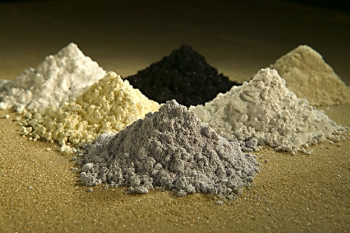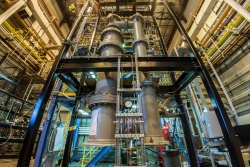
Coal is the largest domestically produced source of energy in America and is used to generate a significant chunk of our nation’s electricity.
The Energy Department is working to develop technologies that make coal cleaner, so we can ensure it plays a part in our clean energy future. The Department is also investing in development of carbon capture, utilization and storage (CCUS) technologies, also referred to as carbon capture, utilization and sequestration.
Featured
FE, through the National Energy Technology Laboratory (NETL), is looking at ways to use coal and its byproducts (like coal ash from power plants, for instance) to develop new sources of critical rare earth elements, or REEs.
The U.S. Department of Energy’s (DOE) National Energy Technology Laboratory (NETL) has selected 10 projects to receive funding for research in support of the lab’s program on Recovery of Rare Earth Elements from Coal and Coal Byproducts. The selected research projects will further program goals by focusing on the development of cost-effective and environmentally benign approaches for the recovery of rare earth elements (REEs) from domestic coal and coal byproducts.
A small Mississippi town is making history with the largest carbon capture and storage plant in the U.S.
Emerging low-carbon technologies, like "chemical looping," are forging new pathways for using fossil fuels as part of a clean energy future.




